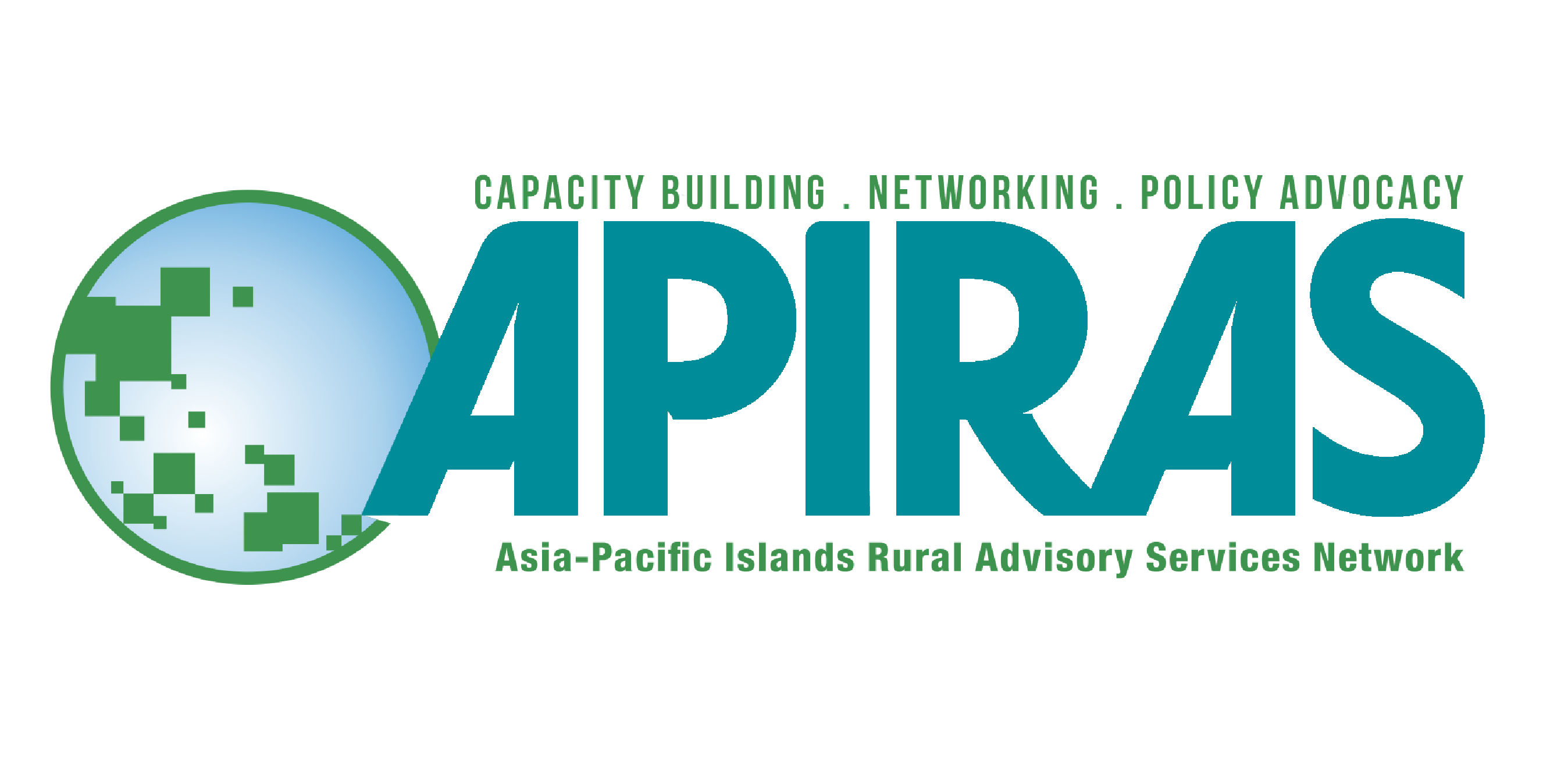August 2020, South Asia
Assessing India’s food supply situation using a food balance sheet and COVID-19-sensitive markers
Sunil Saroj, Mamata Pradhan and Devesh Roy
How is India coping when it comes to domestic food production and food supply chains? What are our vulnerabilities with international trade being disrupted with COVID-19? Which states and commodities are more susceptible to changes in the labor or capital markets or infrastructural bottlenecks? In this piece, the authors take two approaches to answer these questions. First, they use a Food Balance Sheet approach to show that India is performing reasonably well on most essential commodities but could experience shortfalls in pulses and edible oil if trade disruptions occur. Second, they develop an index that records the susceptibility of individual states to COVID-19. Keeping domestic and international supply chains moving smoothly should be a key priority for Indian policymakers. – Kalyani Raghunathan, series co-editor and Research Fellow at IFPRI
At the onset of the COVID-19 pandemic and associated economic crises worldwide, the UN Security Council warned of famines “of biblical proportions”. Given India’s large and predominantly poor population, COVID-19 could pose a great challenge to food security. In this post, we assess the impacts of the pandemic on food security in India, looking at essential commodities such as cereals, pulses and edible oil. These commodities are identified as essential by the government and are included in food kits distributed by public programs for COVID-19 relief.
By highlighting supply chain issues (over supply), we argue that COVID-19 has brought about a fundamental change in the way food availability is viewed, one that goes beyond the conventional focus on weather and the area, production, and yield (APY) paradigm of crops. The role of the labor market, particularly of migrants and casual laborers in agriculture, along with working capital, and of services like cold storage and warehouse systems have emerged as crucial determinants of food security. Moreover, where import penetration is high, as in edible oil, international trade issues need to be taken into consideration.

